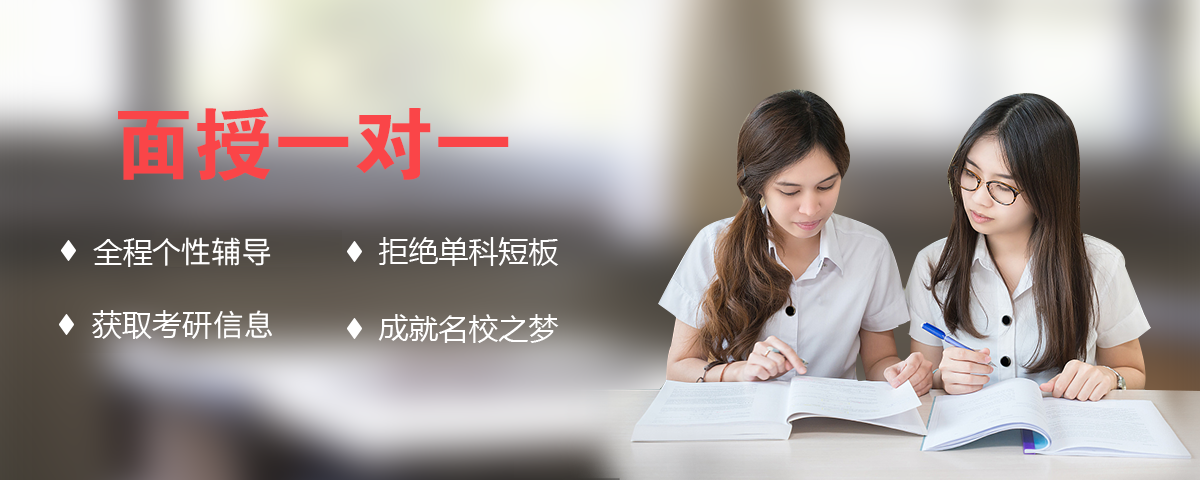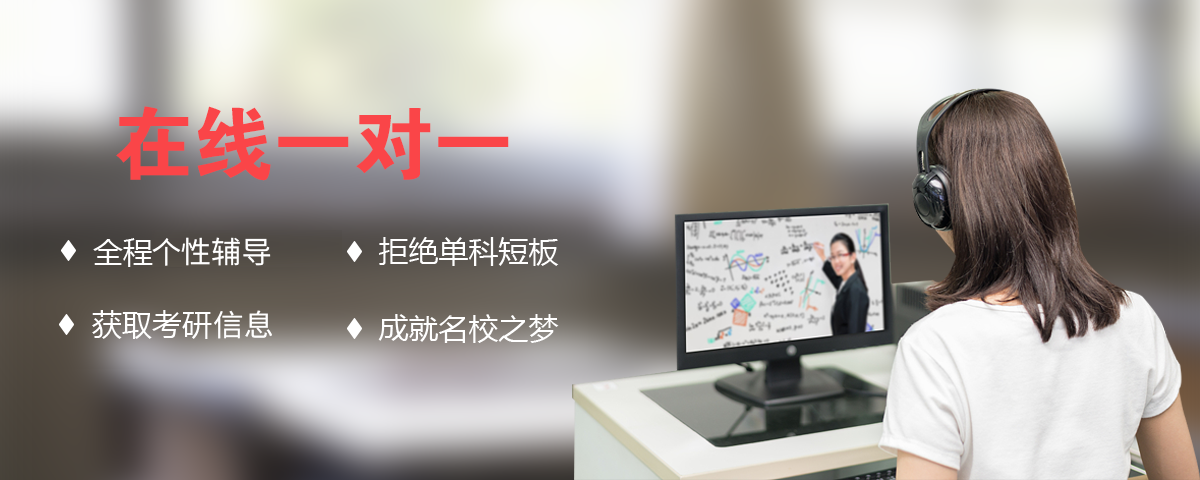2016考研初试临近,最后阶段同学们要开启模拟冲刺阶段,所谓模拟冲刺,目的在于让大家提前进入到模考状态。
2016考研英语模拟试题及答案:阅读篇(3)
As you read this, nearly 80,000 Americans are waiting for a new heart, kidney or some other organ that could save their life. Tragically, about 6,000 of them will die this year——nearly twice as many people as perished in the Sept. 11 attacks——because they won't get their transplant in time. The vast majority of Americans (86%, according to one poll) say they support organ donation. But only 20% actually sign up to do it. Why the shortfall?
Part of the problem is the way we handle organ donations. Americans who want to make this sort of gift have to opt in——that is, indicate on a driver's license that when they die, they want their organs to be made available. Many European and Asian countries take the opposite approach; in Singapore, for example, all residents receive a letter when they come of age informing them that their organs may be harvested unless they explicitly object. In Belgium, which adopted a similar presumed-consent system 12 years ago, less than 2% of the population has decided to opt out.
Further complicating the situation in the U.S. is the fact that whatever decision you make can be overruled by your family. The final say is left to your surviving relatives, who must make up their minds in the critical hours after brain death has been declared. There are as many as 50 body parts, from your skin to your corneas, that can save or transform the life of a potential recipient, but for many families lost in grief, the idea of dismembering a loved one is more than they can bear.
The U.S., like all medically advanced societies, has struggled to find a way to balance an individual's rightful sovereignty over his or her body with society's need to save its members from avoidable deaths. Given America's tradition of rugged individualism and native distrust of Big Brotherly interference, it's not surprising that voters resisted attempts to switch to a presumed-consent system when it was proposed in California, Oregon, Minnesota, Pennsyl
lvania and Maryland. Health Secretary Tommy Thompson last spring announced plans for a new initiative to encourage donations——including clearer consent forms——but its impact is expected to be modest. Given the crying need for organs, perhaps it's time we considered shifting to something closer to the presumed-consent model.
Meanwhile, if you want to ensure that your organs are donated when you die, you should say so in a living will or fill out a Uniform Donor Card (available from the American Medical Association)。 Make sure your closest relatives know about it. And if you don't want to donate an organ, you should make your wishes equally explicit.
注(1):本文选自Time; 12/10/2001, p117;
注(2):本文习题命题模仿对象2003年真题text 3;
1. According to the author, one of the reasons for a shortage of organs in America is ______.
[A] most Americans are reluctant to donate their organs after death
[B] the information about organ donation is not popular in America
[C] the ways to handle organ donation is far from perfect
[D] people waiting for transplant are rapidly increasing in America
2. What is most Americans‘ attitude towards the organ donation?
[A] Indifferent.
[B] Indignant.
[C] Detached.
[D] Supportive.
3. It can be inferred from paragraph 4 that ______.
[A] Americans have a long tradition of weak individualism
[B] all the states in America resist the presumed-consent system
[C] it‘s not easy to find a way to serve the society’s need and at the same time to protect the individual‘s right in the matter of organ donation
[D] the government is not active in solving the problem
4. The term “presumed-consent” probably means ______.
[A] one‘s organs should be donated whether they agree or not
[B] one is supposed to agree that their organ will be donated after death unless they explicitly object
[C] dismembering a dead bo
dy is inhuman
[D] one is assumed to be happy after they decide to donate their organs
5. From the text, we can see the author‘s attitude towards organ donation is ______.
[A] supportive
[B] indignant
[C] indifferent
[D] negative
答案:CDCBA


























